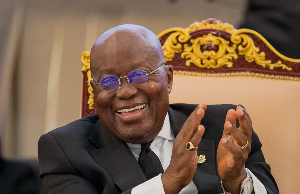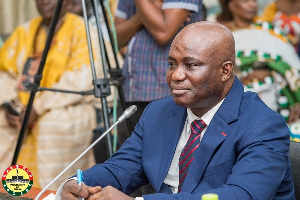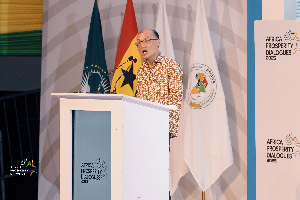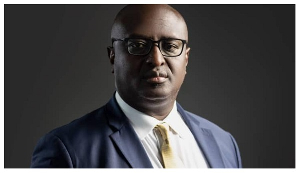Every government and its leader leave a mark and a legacy, whether their achievements are positive or negative.
Like any other administration, the tenure of former President Nana Addo Dankwa Akufo-Addo will leave a lasting impression on the minds of many Ghanaians, marked by both his significant achievements and the scandalous moments.
Once highly revered and seen as the economic Messiah in 2016, with a mandate to rescue the country from the infamous erratic power cuts commonly referred to as dumsor, he eventually became a leader many described as a 'tyrant and authoritarian.'
His administration was characterised by several controversial moments, which played a key role in the decline of his popularity among Ghanaians.
The following are some of the things Ghanaians will remember the immediate past Akufo-Addo government for;
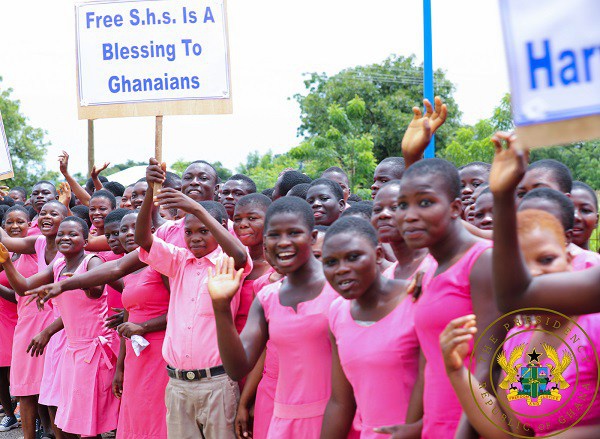
1. Free SHS
One of Akufo-Addo's most significant legacies, which has garnered both local and international praise, is the implementation of the social intervention policy.
Introduced in 2017 as part of his campaign promise, it has become a beacon of hope for many Ghanaian households and underprivileged children, allowing them to pursue their education without the burden of financial constraints.
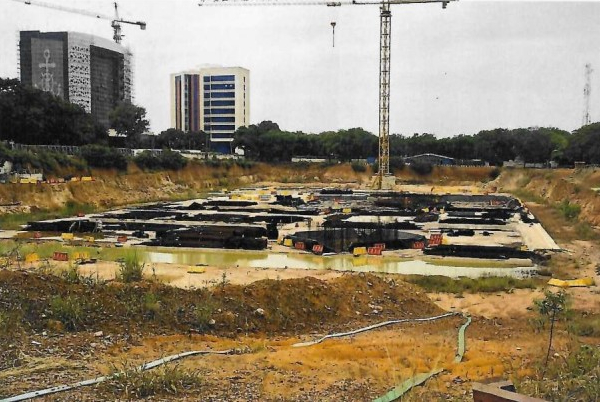
2. National Cathedral
The National Cathedral, a promise made to God that was never fulfilled, stands as one of the most controversial scandals to have emerged during Akufo-Addo’s government.
What began as a personal vow by the former president to God and a gesture of gratitude for his electoral victory, quickly became a cathedral of scandals when the government turned it into a state-sponsored project.
From questionable individuals overseeing the project to the large sums of state funds poured into it, which have resulted in little more than a pit-like foundation, the government faced intense backlash and criticism. The Cathedral will always serve as a stark reminder of Akufo-Addo's time in office.
3. Perceived packing of the Supreme Court
Another aspect of Akufo-Addo's legacy will be his decision to increase the number of judges at the Supreme Court. He faced heavy criticism from a section of the public for allegedly 'packing' the court.
Additionally, concerns about potential conflicts of interest were raised due to the political affiliations of some of the appointed judges.
4. E-levy
The contentious tax became an albatross around the neck of the government when it failed to meet the high expectations it had set, leading to significant criticism. So much so, that Akufo-Addo's vice president campaigned on the promise of canceling it if they were voted into power.
5. DDEP
The infamous DDEP was to serve as a debt management strategy to restructure the country's domestic debt by exchanging existing high-coupon bonds for new bonds with lower coupon rates and longer tenors.
This resulted in a loss of value for existing bondholders, as they exchanged their higher-yielding bonds for lower-yielding ones. Many Ghanaian pensioners staged a protest at the Finance Ministry due to the cuts on their investments.

6. Disrespect to chiefs
Akufo-Addo's perceived disregard for chiefs was one of the main reasons he was labeled a tyrant leader. On several occasions, he was seen ordering chiefs to stand and greet him at durbar grounds.
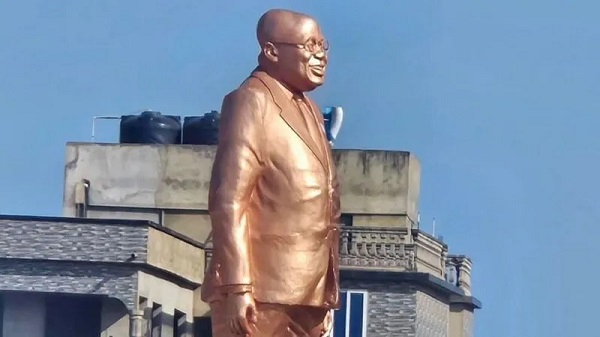
7. Statues
The controversial statue, which sparked widespread opposition and outrage, was unveiled by Akufo-Addo himself in the Western Region. Criticized as an act of self-glorification, the statue was erected to honor the former president for his developmental projects in the region, many of which were unfinished or stalled.
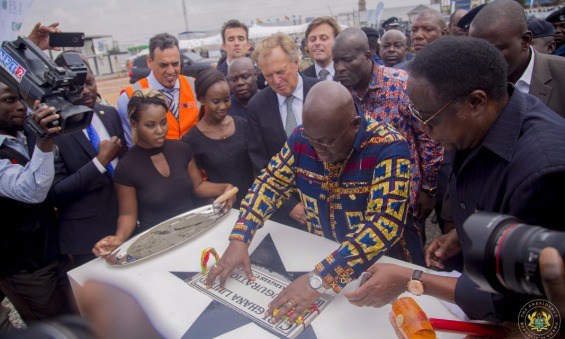
8. 1D1F
The 1 District, 1 Factory initiative is another positive achievement of Akufo-Addo's government in the business sector. A key campaign promise, it became the government's flagship industrialisation policy, leading to the establishment of around 126 operational factories.
The objective of the policy was to create employment and drive economic growth.
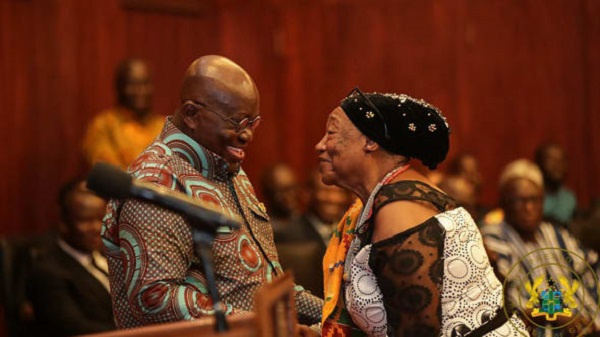
9. Year of Return
One of the positive achievements of Akufo-Addo's government was the Year of Return, which attracted many prominent American figures and international stars to Ghana, boosting its tourism sector. The initiative made Ghana a key destination for tourists, drawing major personalities such as Idris Elba, Steve Harvey, Cardi B, and many other celebrities.
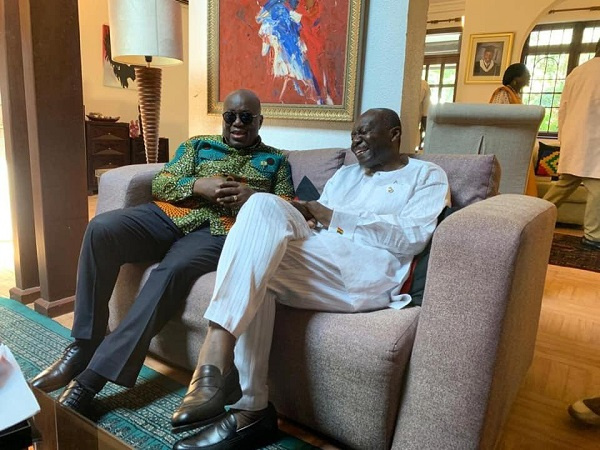
10. Family and friends govt
Often referred to as a "family and friends" government, Akufo-Addo was criticised for rewarding his close allies, many of whom had familial ties to him, by awarding them contracts and granting them positions in his government.
MAG/EK
You can also watch as Dominic Ayine calls for Whistleblower Agencies in every district to fight corruption effectively
General News of Saturday, 18 January 2025
Source: www.ghanaweb.com





